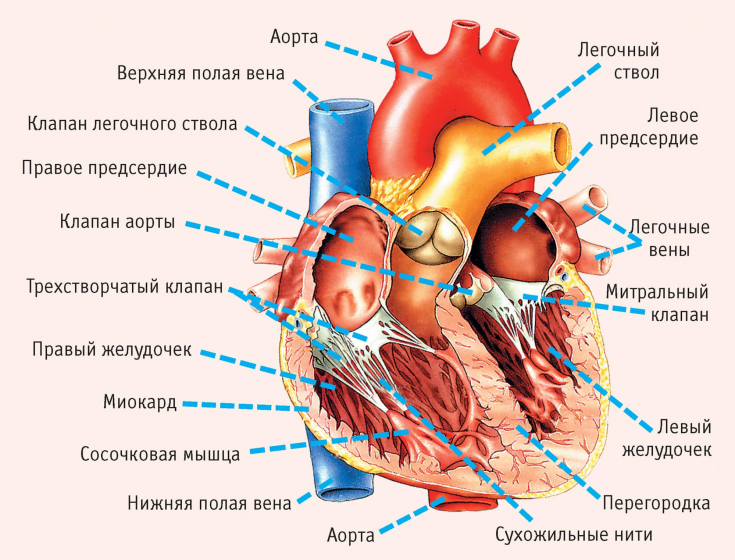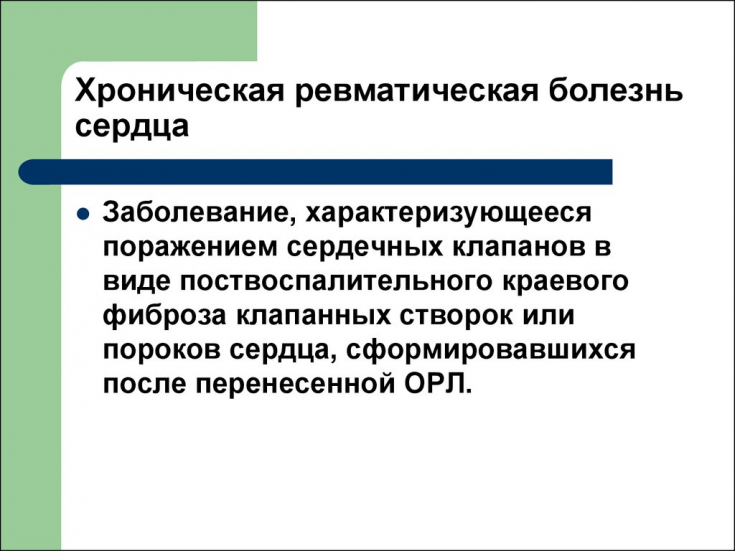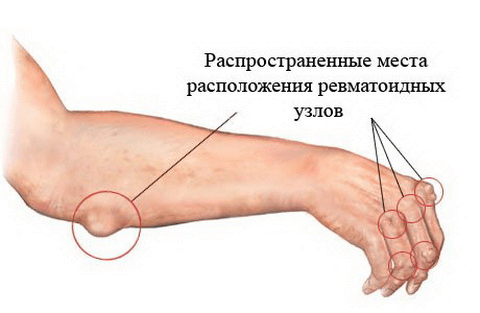Chronic rheumatic heart disease develops as a result of acute rheumatic fever, which is provoked by group A streptococci. The disease appears as a result of inflammatory processes in the respiratory organs (tonsillitis, pharyngitis). Its main danger lies in the formation of heart disease, which in turn can lead to heart attacks, strokes, and heart failure. The editors of estet-portal.com offer to figure out how to recognize the disease and what to do.
- Causes of acute rheumatic fever
- How Rheumatic Heart Disease Manifests
- What to do if you have warning symptoms
- About the symptoms and treatment of rheumatic heart disease
Causes of acute rheumatic fever
Some respiratory diseases are caused by hemolytic streptococci. If a sore throat or pharyngitis caused by these pathogens is not treated with antibiotics, a susceptible person may develop acute rheumatic fever. It occurs about 2-6 weeks after a sore throat.
Follow us on Instagram

Often, a person does not pay attention to inflammatory processes, does not consult a doctor, and does not undergo an examination. This leads to complications, in particular heart defects. Rheumatic fever affects the heart valves, most often — mitral. Blood clots form in it. If the disease becomes chronic, there are thickenings, fibrosis of the valve.
Read also: Signs of a heart attack: how to give first aid
How rheumatic heart disease manifests
Acute rheumatic fever appears 1-6 weeks after respiratory tract infections. It can be asymptomatic or mild, making the disease difficult to recognize. Chronic rheumatic heart disease can present in different ways:
-
Inflamed joints. They become tender, red, and sore. The symptoms of the disease are most noticeable in the area of the knees, ankle joints.
-
Rheumatoid nodules. These are small swellings under the skin. Most often they appear on fingers, near the elbows.
-
Shortness of breath. It becomes more difficult to breathe during periods of activity. Shortness of breath may occur during sleep or when a person is in a horizontal position. There is a feeling of tightness, discomfort in chest.
-
Wonderful movements of limbs, swelling.Muscles on face may twitch.
-
Frequent palpitations. Pre-fainting often occurs.
-
Pain behind sternum. Ischemic attacks, strokes are also possible.
 Any of the listed symptoms indicates serious health problems. When they appear, you should immediately contact a cardiologist. It is literally a matter of life death.
Any of the listed symptoms indicates serious health problems. When they appear, you should immediately contact a cardiologist. It is literally a matter of life death.
Ischemic heart disease: symptoms and treatment What to do if there are alarming symptoms
Rheumatic heart disease is deadly, so at the first warning signs, you should contact a general practitioner or cardiologist. After the initial examination, the doctor will determine a plan for further diagnostic measures. When listening, the cardiologist can detect murmurs in the heart. This is a good reason to study with multiple methods: echocardiography, electrocardiography, chest x-ray and cardiac MRI. Also, the doctor will give a referral for a blood test to identify possible inflammation.
 To treat a severe disease, the patient has to go to the hospital. Often, heart valve surgery is needed. Subsequent treatment involves the use of such techniques:
To treat a severe disease, the patient has to go to the hospital. Often, heart valve surgery is needed. Subsequent treatment involves the use of such techniques:
- Antibiotics are taken.
They are needed to eliminate inflammatory processes.
- Hemolytic therapy.
Normalizes blood flow after valve replacement, prevents strokes.
Balloon therapy. After it, stents are placed. -
If a patient with rheumatic heart disease is not properly treated, heart failure can develop, with permanent disability and death. Strokes are also possible, since the blood supply to the brain is disrupted, clots appear in the vessels.
Disease is easier to prevent than to cure. In order to prevent acute rheumatic fever, you must strictly follow the recommendations of doctors during the treatment of tonsillitis and pharyngitis. If you have a streptococcal infection, you must take the prescribed antibiotics and do not interrupt the course, even if the symptoms of the sore throat have disappeared.
Atherosclerotic heart disease: symptoms and treatments
About the symptoms and treatment of rheumatic heart disease Rheumatic heart disease occurs due to rheumatic fever — inflammatory process caused by streptococcal infection. You need to know the following about
Acute rheumatic fever may occur after a sore throat or pharyngitis. If alarming symptoms occur 1-6 weeks after an infectious disease, you should immediately consult a doctor.
-
The best prevention of acute rheumatic fever — proper treatment of throat infections with antibiotics.
-
The patient must receive adequate treatment in a hospital. If the valve is severely damaged, surgery must be performed.
- Follow us on Telegram
10 signs of heart disease: how to recognize the problem
You might be interested in: Gymnastics for the office.






Add a comment